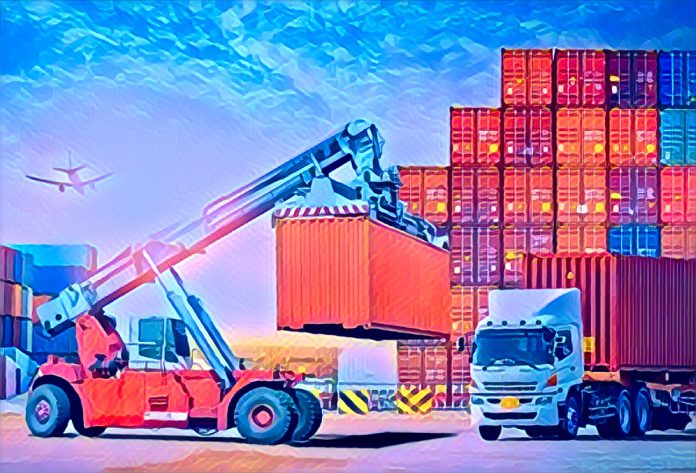KEY POINTS
- Mali, Burkina Faso, and Niger impose a 0.5% import levy.
- The levy will fund the Alliance of Sahel States.
- The move deepens tensions with ECOWAS and regional trade.
On Monday, the military-led governments of Mali, Burkina Faso, and Niger announced a 0.5% import levy. The tax applies to all goods, except humanitarian aid, entering their countries.
The measure aims to fund the newly established Alliance of Sahel States (AES). The levy will affect imports from ECOWAS members, including Nigeria.
The tax signals a growing rift between the Sahel countries and ECOWAS. These nations seek greater financial and political independence. The levy reflects their desire for economic autonomy, distancing them from regional organizations like ECOWAS.
The Alliance of Sahel States seeks financial independence
The AES, formed in 2023, was initially a security pact. Now, it aims for economic integration. The import levy will help fund AES activities. This revenue will support plans for biometric passports and enhanced military cooperation.
These moves show the Sahel states’ desire to integrate economically outside ECOWAS. The countries hope to build their infrastructure and secure greater autonomy.
Impact of the levy on regional trade and relations
The levy disrupts free trade within West Africa, affecting imports from ECOWAS members, including Nigeria. Analysts warn that this action could further isolate Mali, Burkina Faso, and Niger. Tensions between the three countries and ECOWAS have grown since the imposition of economic sanctions. These sanctions aim to restore civilian rule, but the junta-led governments resist them.
The new import tax could worsen the region’s economic divide. It may deepen isolation while pushing the Sahel countries to assert their independence.



